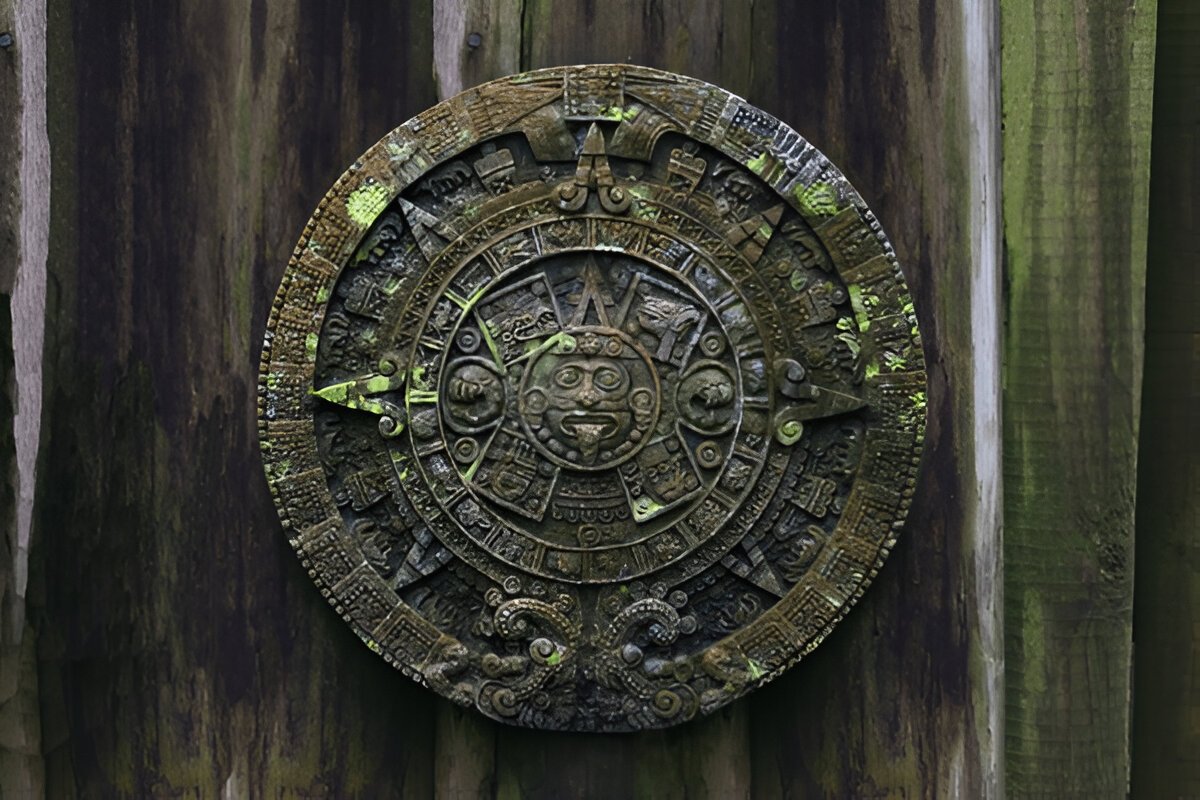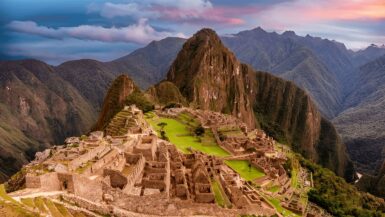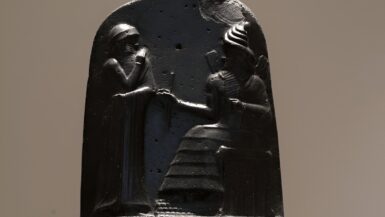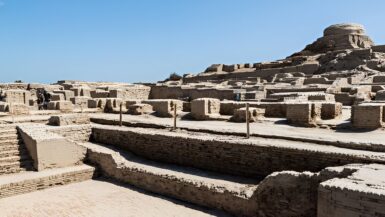The Mayan civilization, renowned for its advancements in mathematics, astronomy, and architecture, left behind a remarkable legacy that continues to capture our imagination. One of their most enduring contributions is the Mayan calendar, a sophisticated system of timekeeping that offers unique insights into their profound understanding of the cosmos.
Unlike the linear Gregorian calendar we use today, the Mayan calendar is a complex interplay of interlocking cycles, each holding specific meanings and associations. The two most prominent calendars are the Haab’ and the Tzolkin.
- The Haab’: This 365-day calendar aligns closely with the solar year, divided into 18 months of 20 days each, with an additional 5 “unlucky” days at the end. The Haab’ served as a practical calendar for agricultural purposes and everyday life.
- The Tzolkin: This sacred 260-day calendar holds deeper philosophical and spiritual significance. It comprises 20 solar days (known as “kin”) and 13 numbered day signs, each imbued with specific symbolic energies and divine associations. Every day in the Tzolkin is unique, and individuals born on specific days were believed to possess corresponding characteristics and life paths.
The true brilliance of the Mayan calendar lies in its ability to seamlessly integrate these individual calendars into a larger, unified system. Every 52 Haab’ years coincides with a complete cycle of the Tzolkin, creating a “calendar round” of 26,000 days. This cyclical nature reflects the Mayan perception of time as cyclical and interconnected, emphasizing the interconnectedness of human life with the broader cosmic cycles.
Beyond its timekeeping function, the Mayan calendar served as a powerful tool for divination and prophecy. Priests and astronomers used the calendar to predict celestial events, agricultural cycles, and even the destinies of individuals and communities. The alignment of specific days and cycles within the calendar was believed to hold significant astrological and spiritual meaning, guiding their actions and shaping their worldview.
Enduring Legacy
The Mayan calendar continues to hold a captivating allure for scholars and enthusiasts worldwide. Its intricate design and profound connection to the cosmos offer valuable insights into the sophisticated intellectual and spiritual development of the Mayan civilization. While the Maya civilization itself may have waned, their calendar serves as a testament to their enduring legacy, reminding us of the profound connection humanity once shared with the celestial realm.





Leave a reply